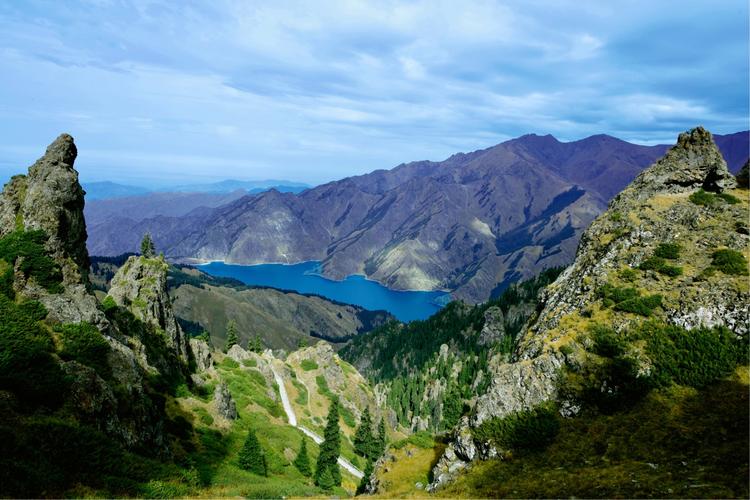Folklore, a significant part of our cultural heritage, has been passed on from generation to generation for centuries. These stories, myths, and legends are an important part of our social fabric and help us understand our collective history. But as our world changes rapidly, what does the future hold for folklore?
One significant change has been the rise of digital media. With the widespread access to the internet, people can now access folklore from around the world with just a few clicks. This means that folktales can reach a larger audience than ever before, but it also raises concerns about the authenticity of these tales and their relevance in a globalized world.
Another important change is the increasing urbanization of society. As more people move to cities, there is a risk that traditional folklore may be lost. However, some argue that this may also create new forms of folklore, as communities form around shared experiences and traditions.
The future of folklore also depends on how we value and preserve it. Many organizations and individuals around the world are working to collect and document traditional folktales before they are lost forever. Others are working to create new forms of folklore that reflect the modern world and its challenges.
In conclusion, the future of folklore in a changing world is uncertain. While technology and globalization pose challenges, there are also opportunities to create new forms of folklore and preserve traditional tales for future generations. It is up to us to value and protect this important part of our cultural heritage.
(Note: Do you have knowledge or insights to share? Unlock new opportunities and expand your reach by joining our authors team. Click Registration to join us and share your expertise with our readers.)
Speech tips:
Please note that any statements involving politics will not be approved.
